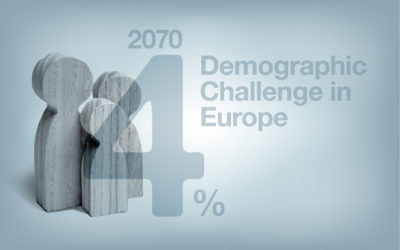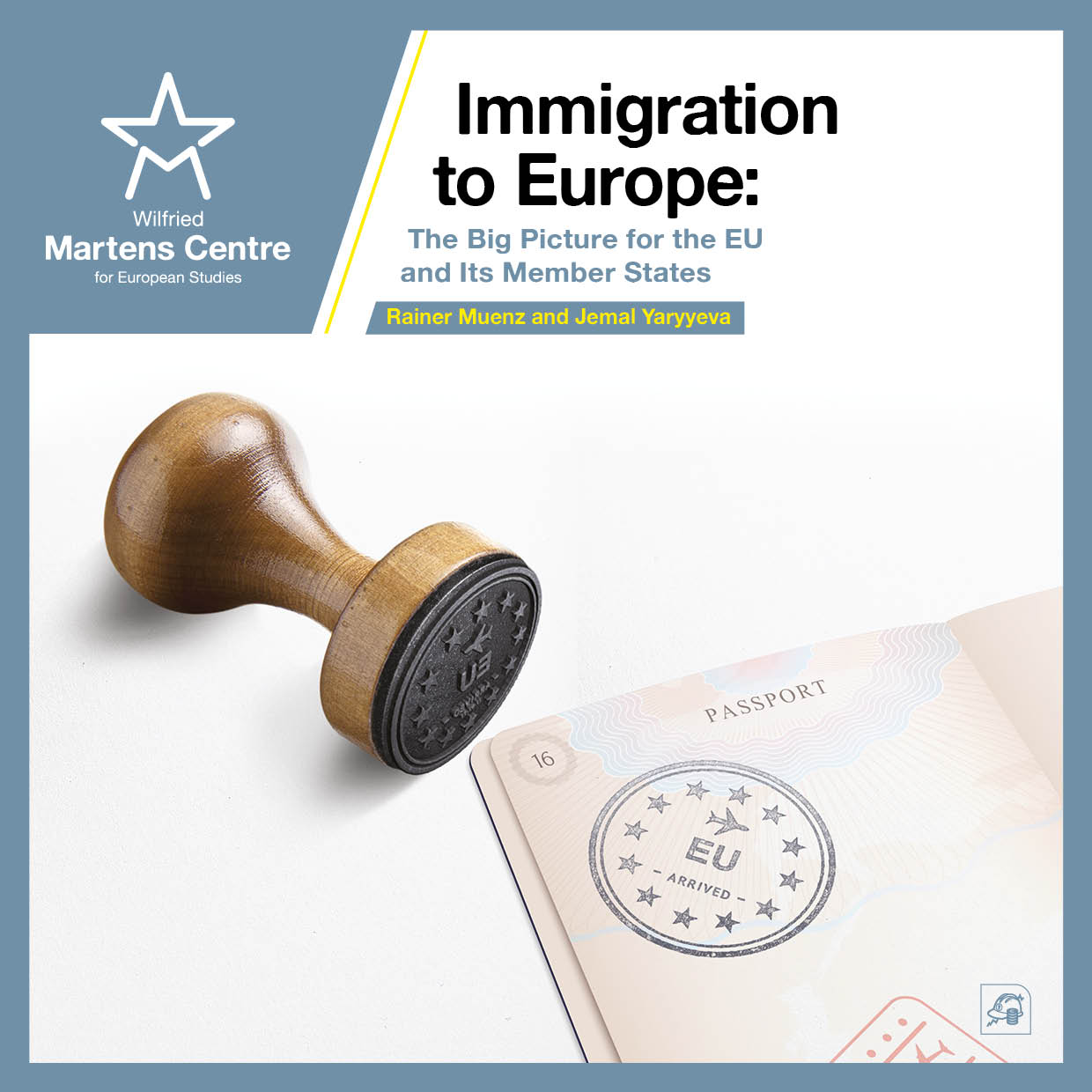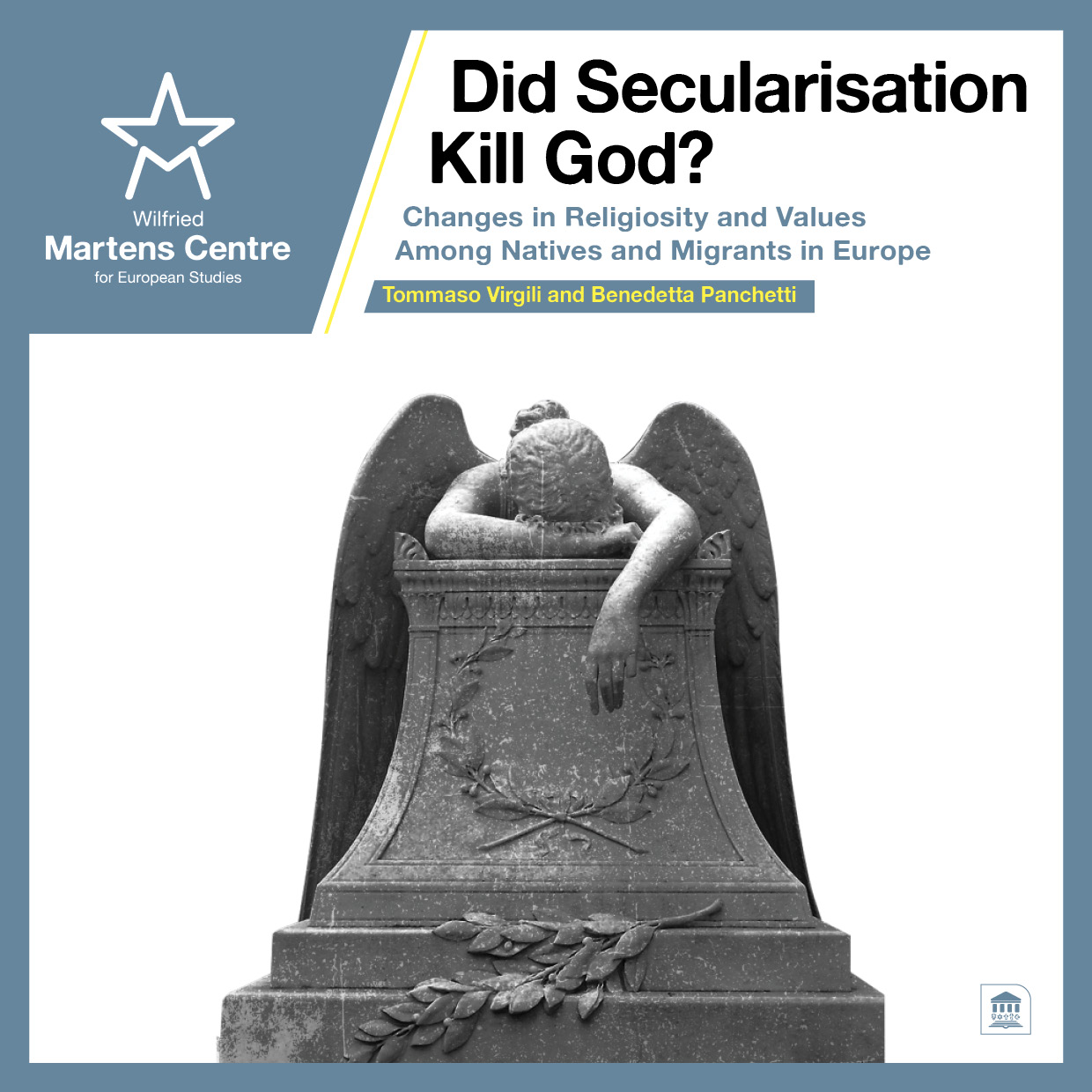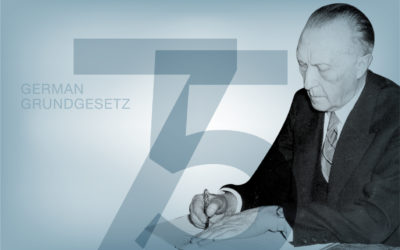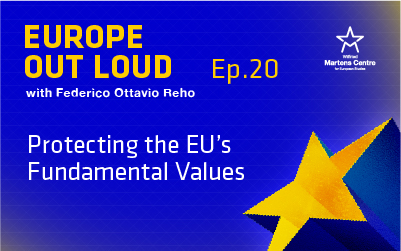Did we get it wrong? The true meaning of European federalism
09 September 2015
An article dealing with the meaning of European federalism may appear untimely and anachronistic to many contemporary readers. It comes at a moment when the European ideal is under great strain, when only a handful of dreamers still have the temerity to call themselves ‘federalists’, and almost none of them would dare to do so in public. The EU has been mired for years in an economic crisis of unusual length and scope, the legitimacy of its institutions is being questioned and anti-EU forces are on the rise in many countries.
Besides, the claim to be offering a reappraisal of such an important topic may appear presumptuous, coming as it does after more than 60 years of European integration and many profound appraisals of this historical process.
However, very little systematic analysis has been carried out so far on the meaning of European federalism. This article, far from conclusive and all-encompassing, is a contribution in the direction of such an analysis. It reflects on the meaning of European federalism and argues that the values and policies it implies could offer answers to many contemporary challenges and change the EU and its member states for the better.
The first section deals with the ideals and institutional structure underpinning federalism. The second sketches the economic constitution of a federal polity. The third section briefly illustrates how this federalism can help meet certain contemporary challenges.
The meaning of federalism
Whereas the US founding fathers gathered in Philadelphia to draft the original constitution of the United States, the European founding fathers never fully articulated their political vision of an integrated Europe in a constitutional document. Therefore, the origins of European integration contain no grand federalising moment comparable to the US Constitutional Convention. European integration developed as a process for which ‘ever closer union’ and federalism were simply regulative ideals and not elements of a precise constitutional blueprint.
Today, a long way down the path of integration, this ambiguity seems less and less tenable, as it leaves all pro-Europeans open to the accusation that they are ultimately struggling to unify the continent within a state-like polity similar to those that unified the various European nations in previous centuries.
Read the full FREE article published in the June 2015 issue of the European View, the Martens Centre policy journal.
ENJOYING THIS CONTENT?




